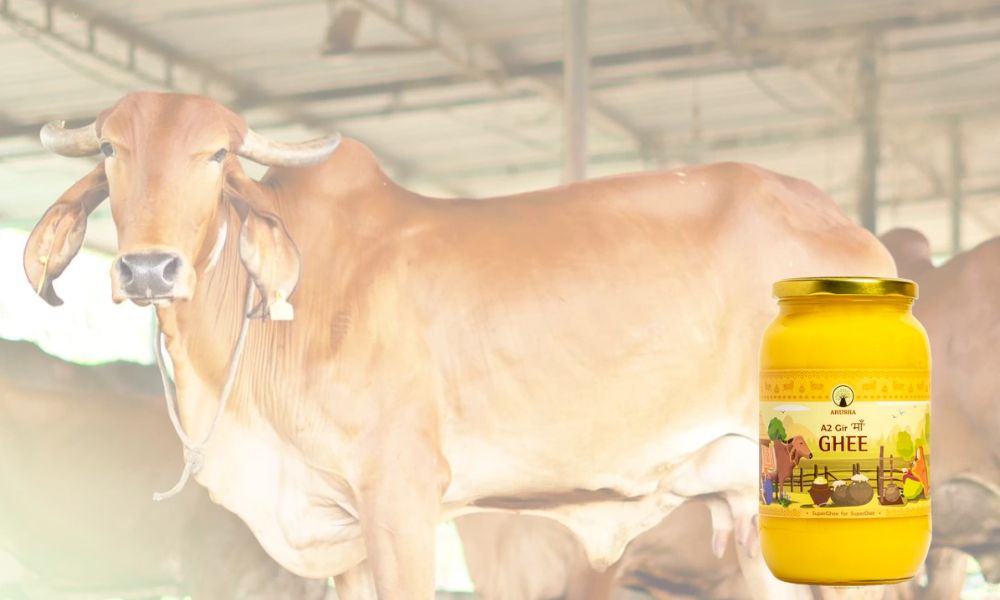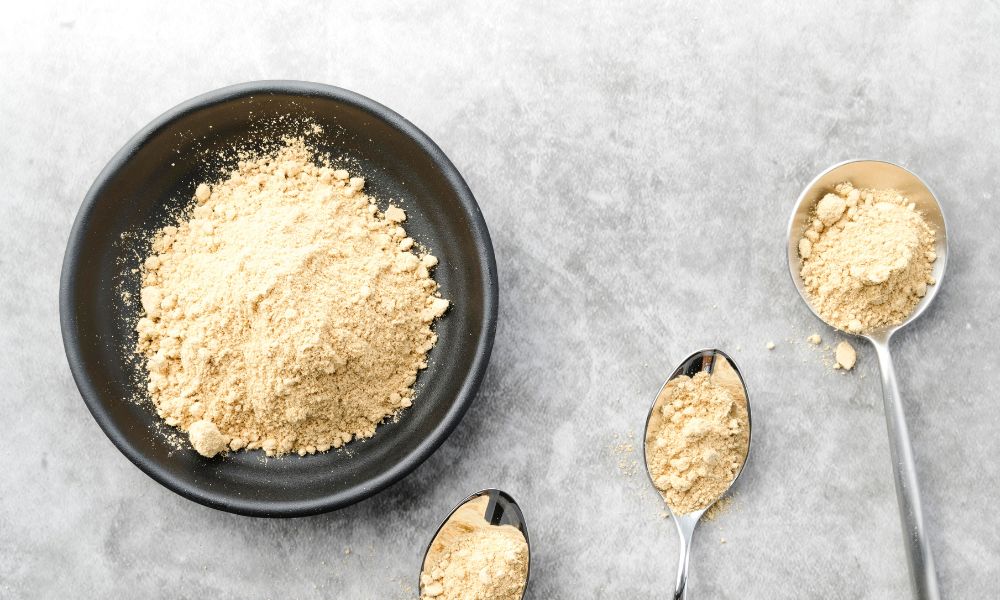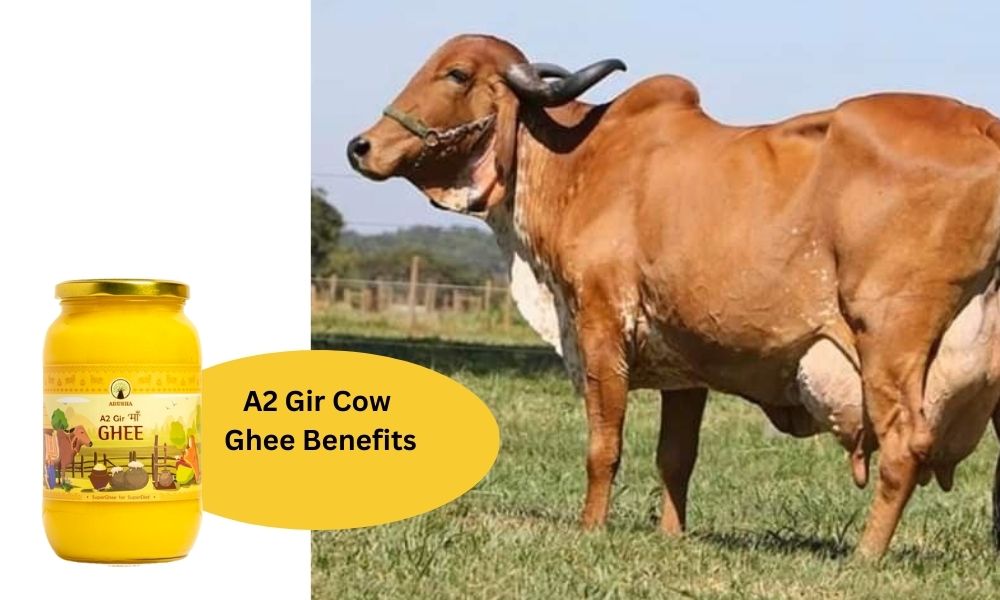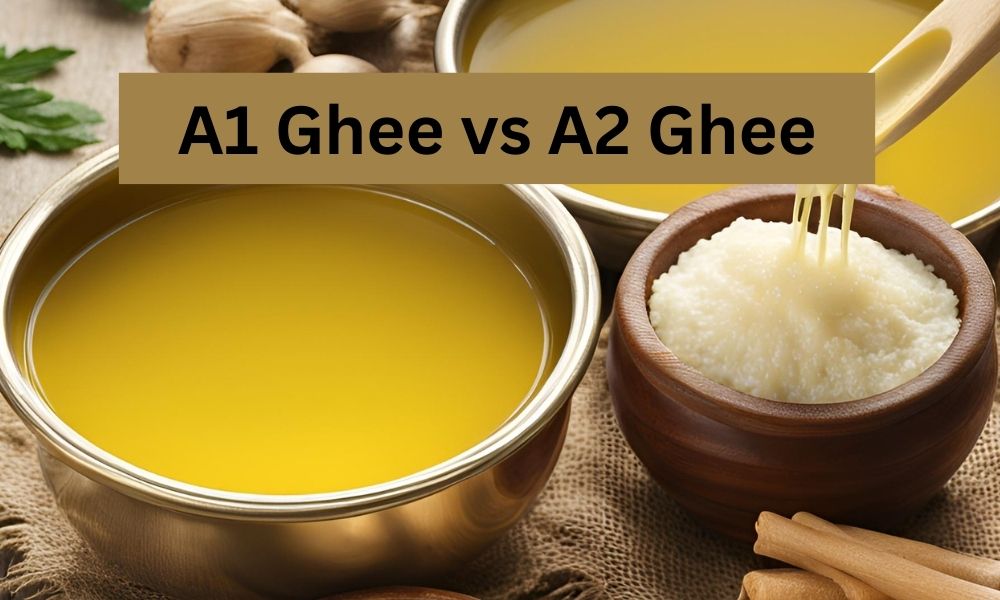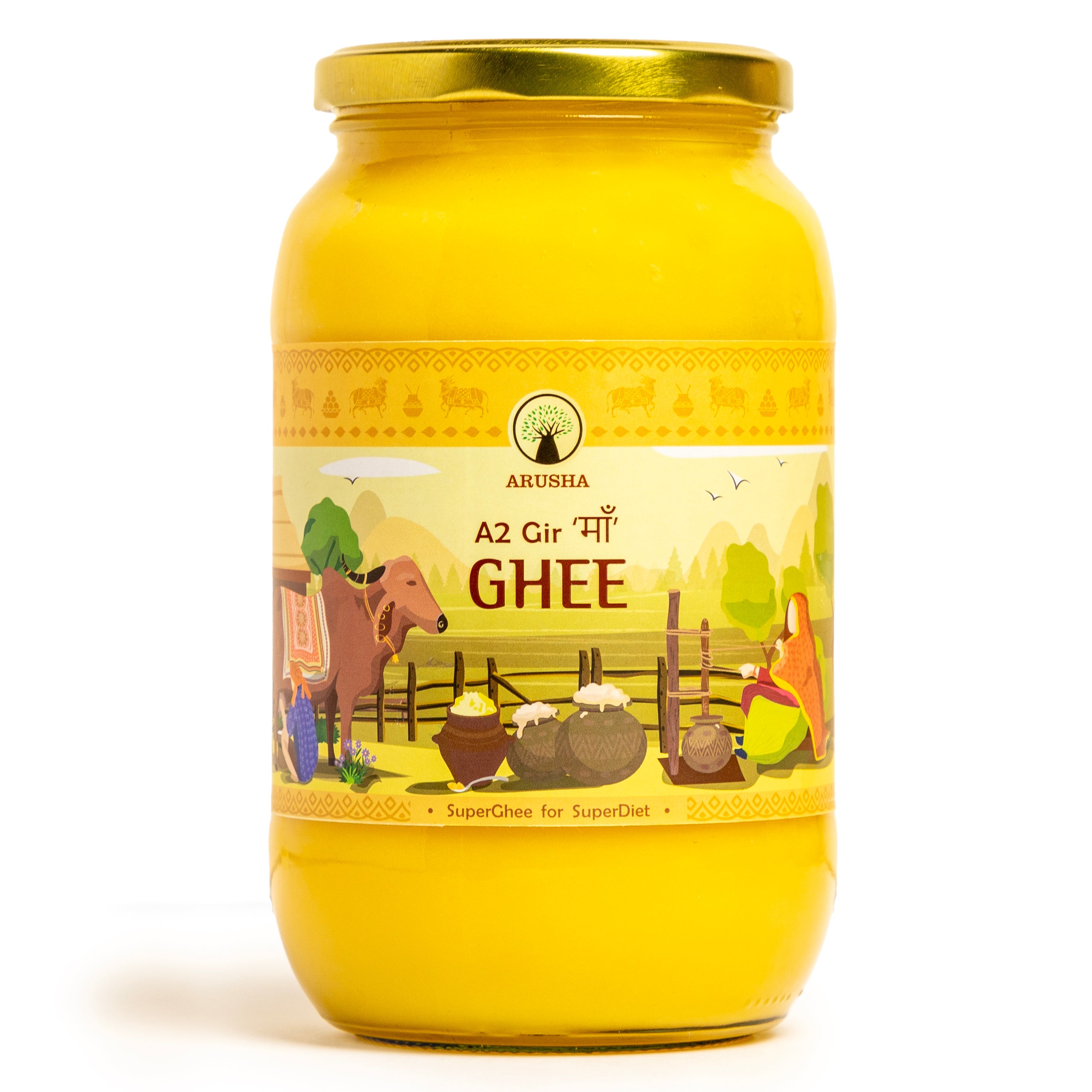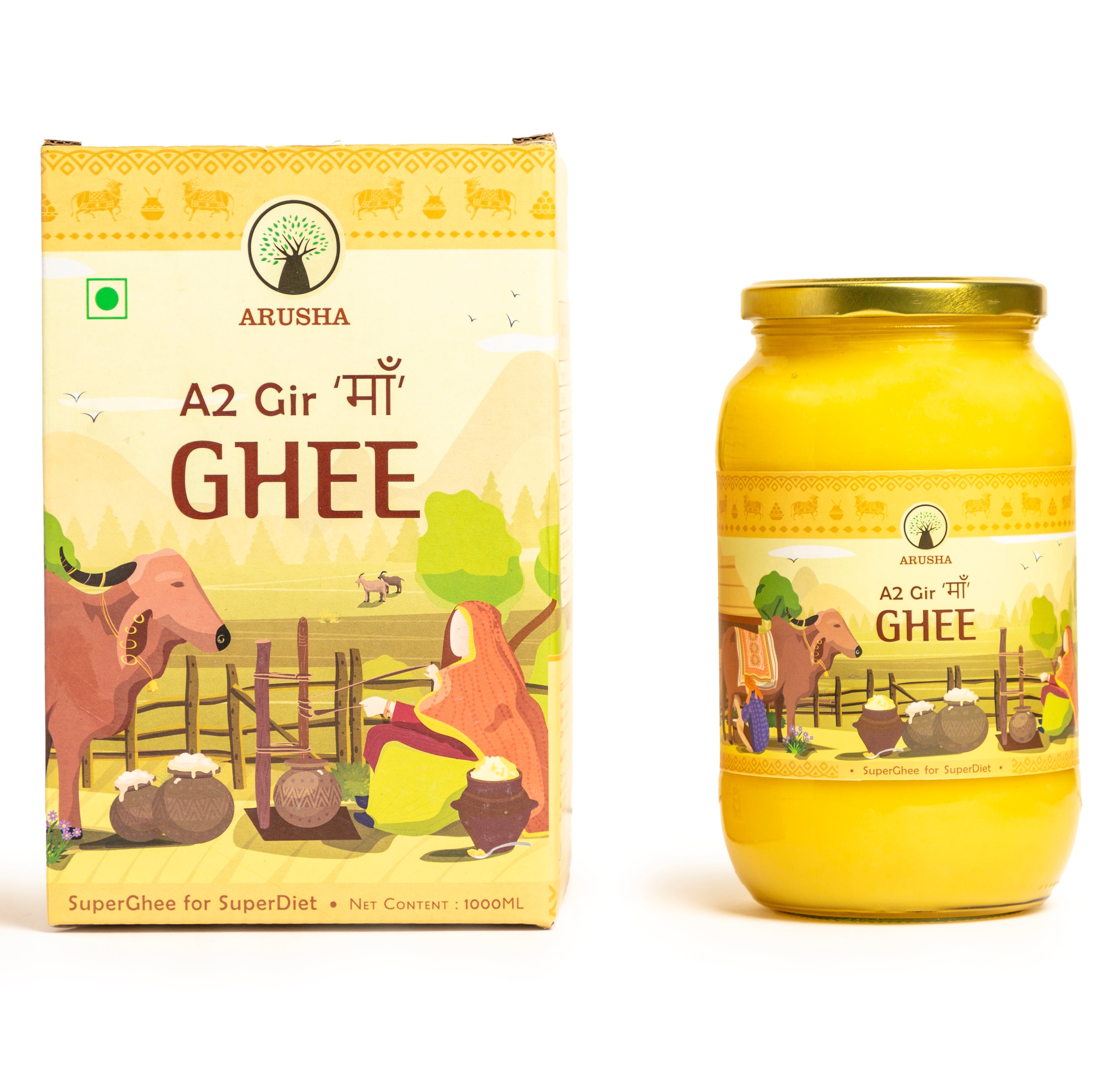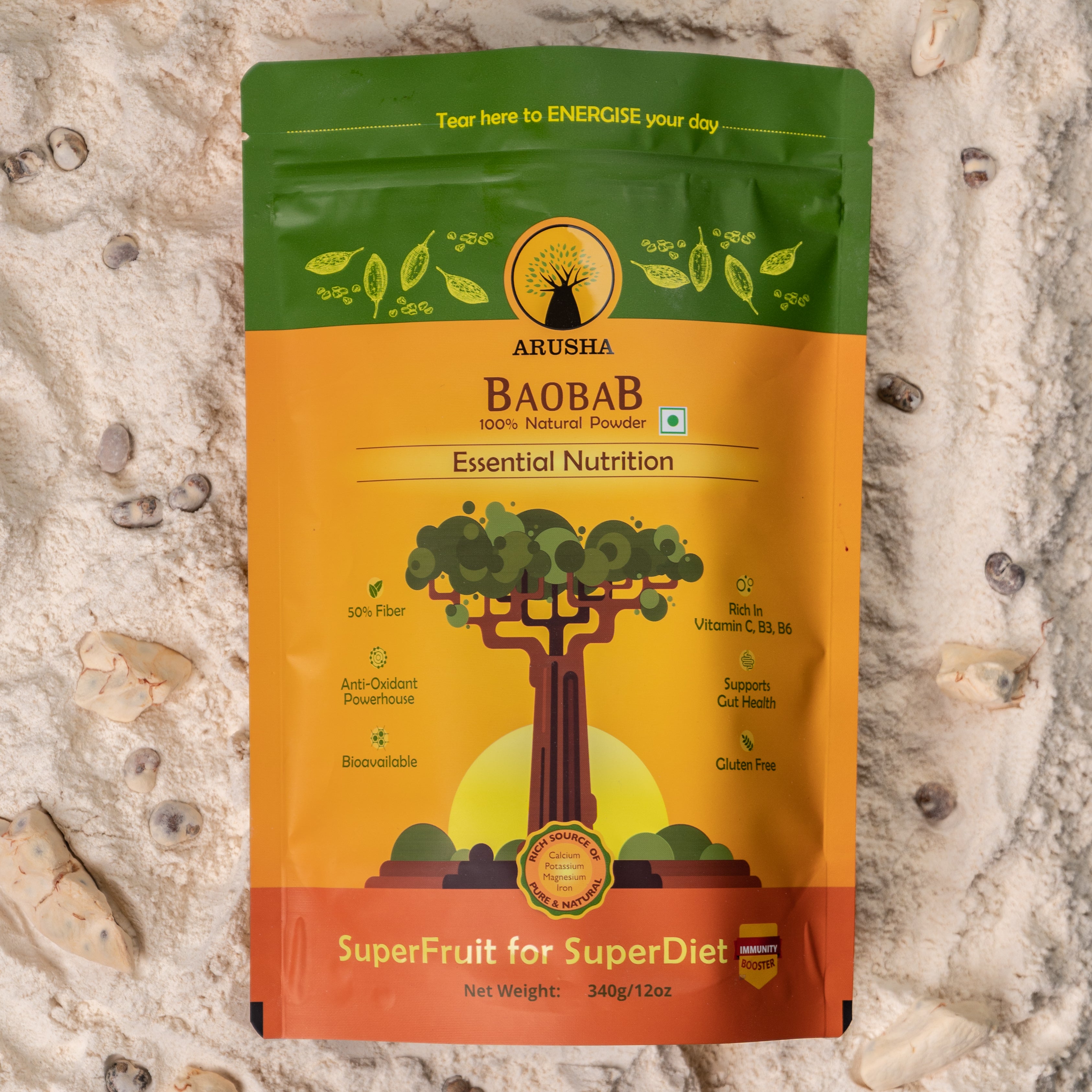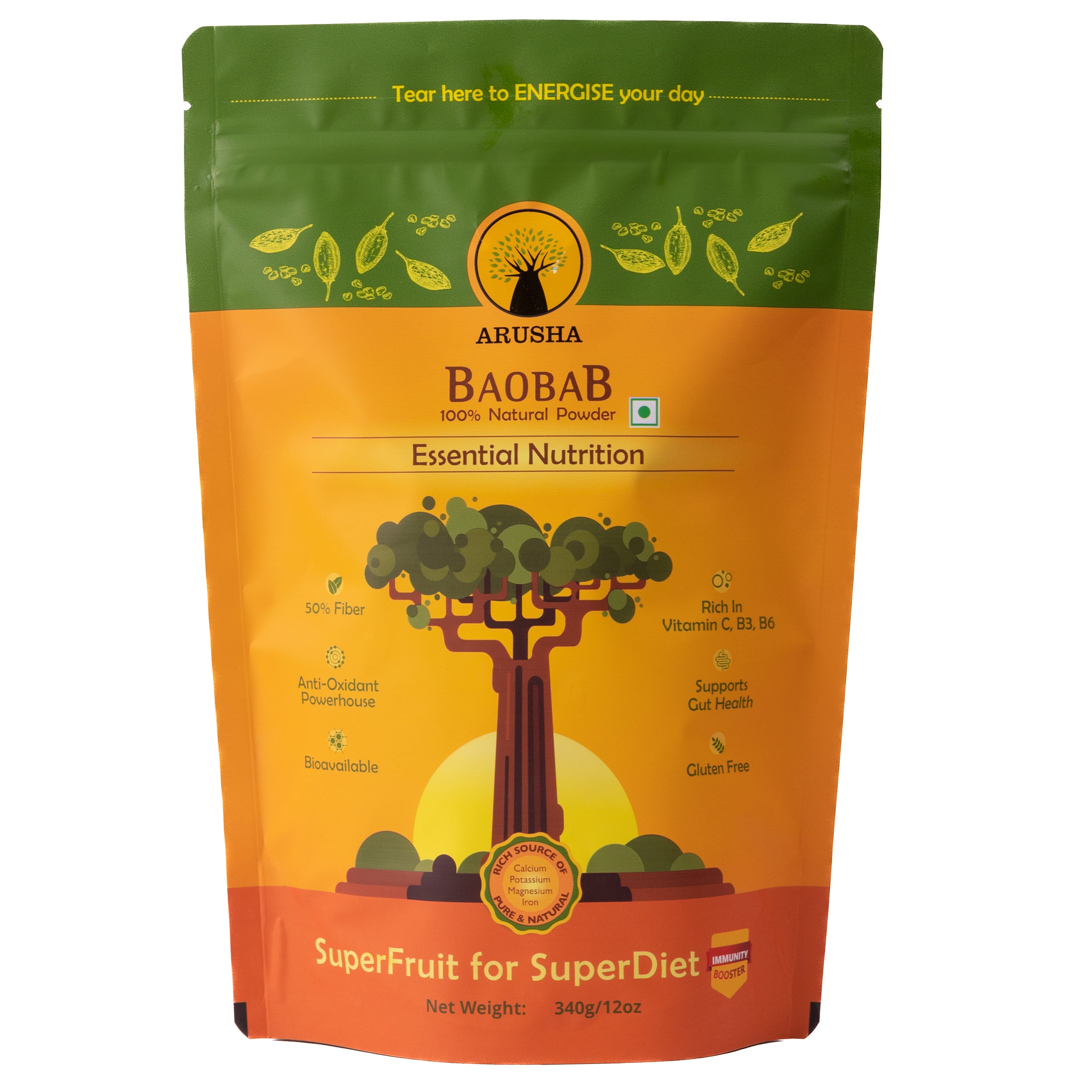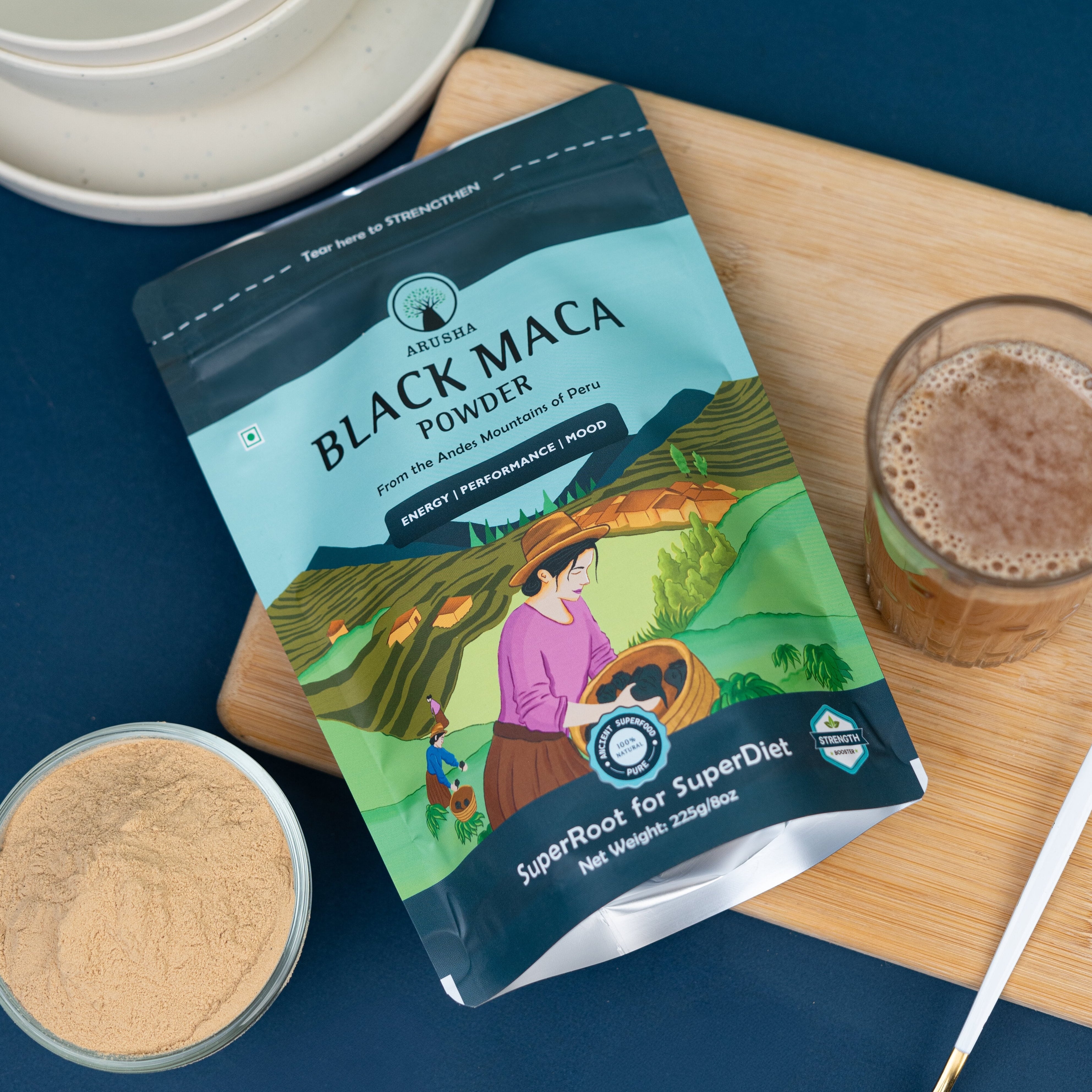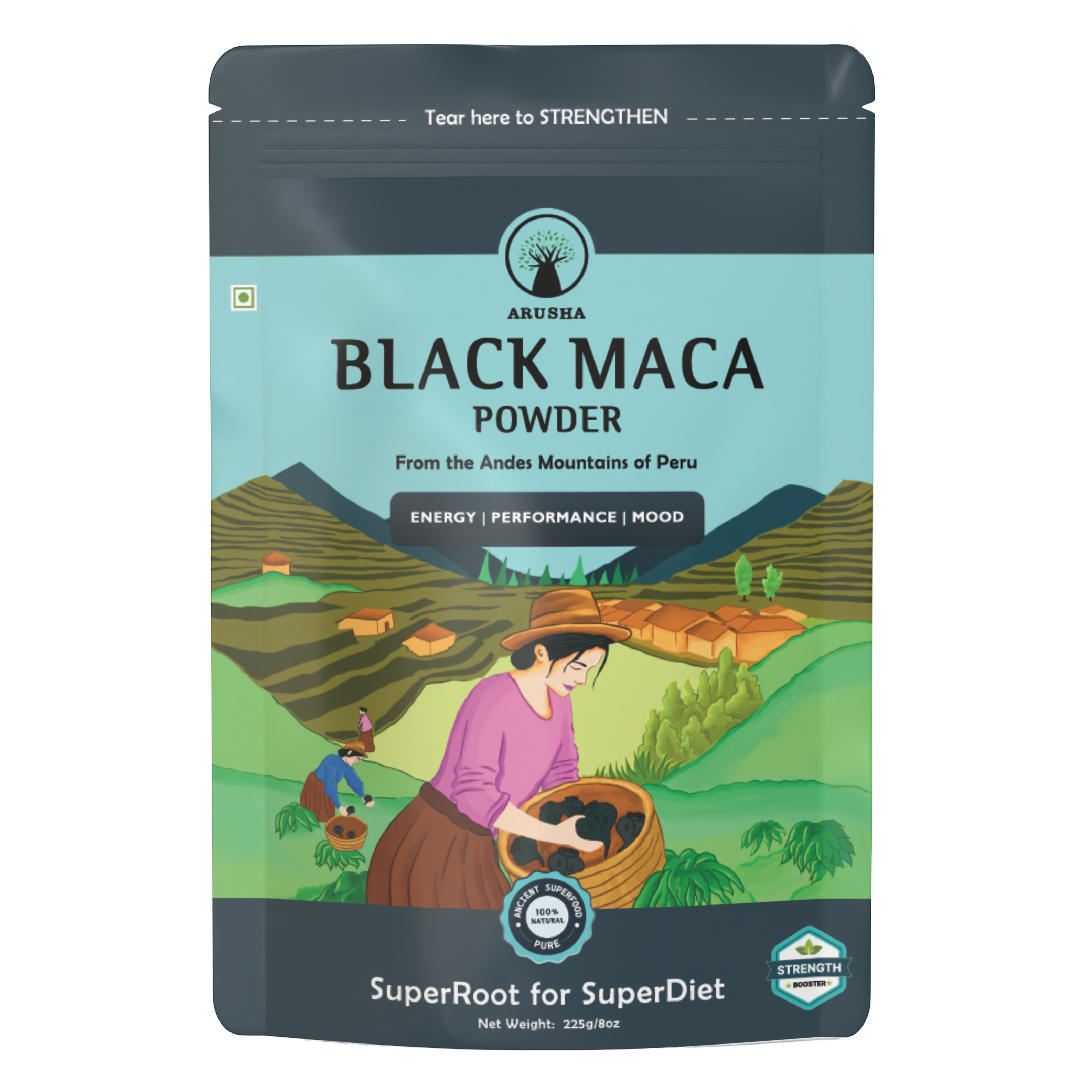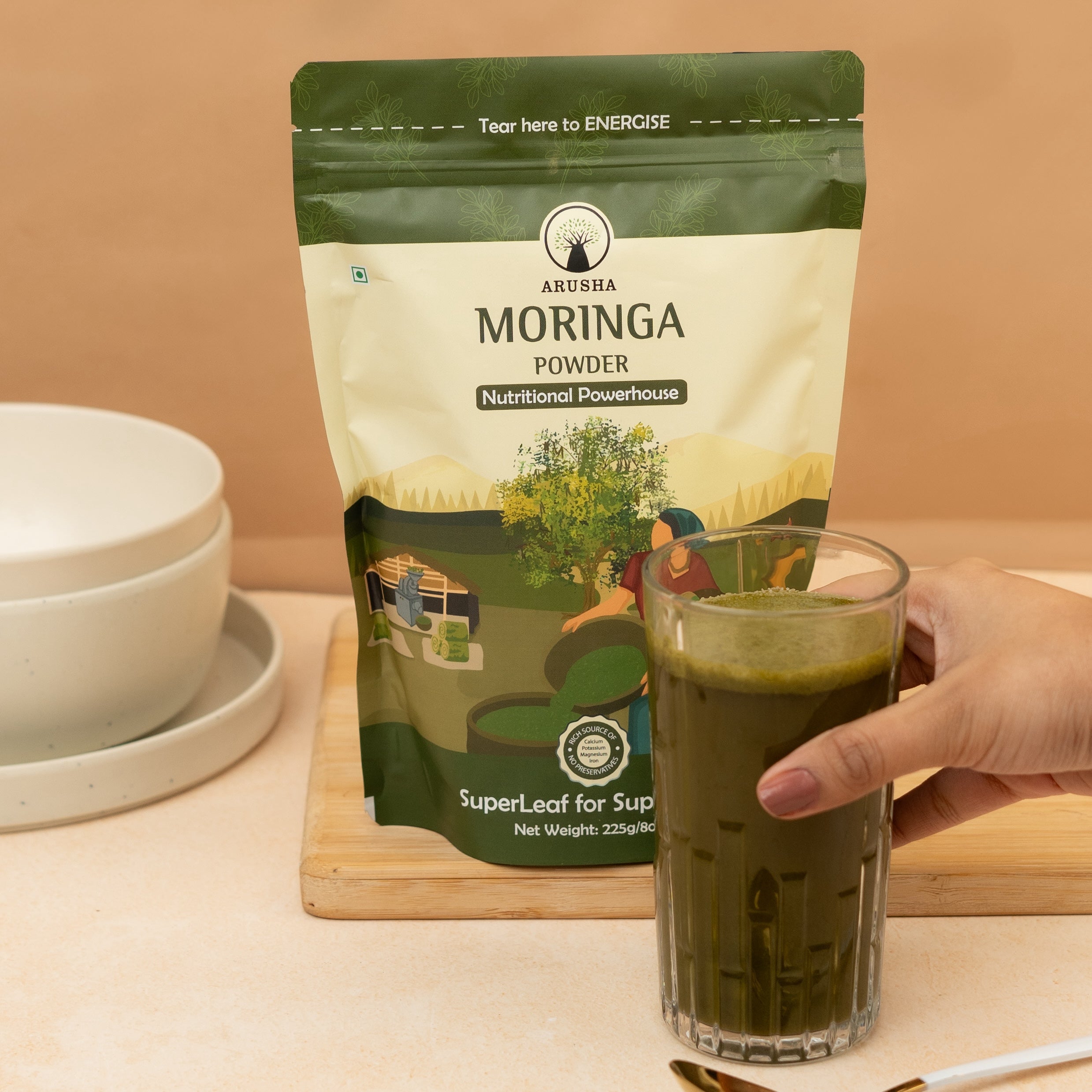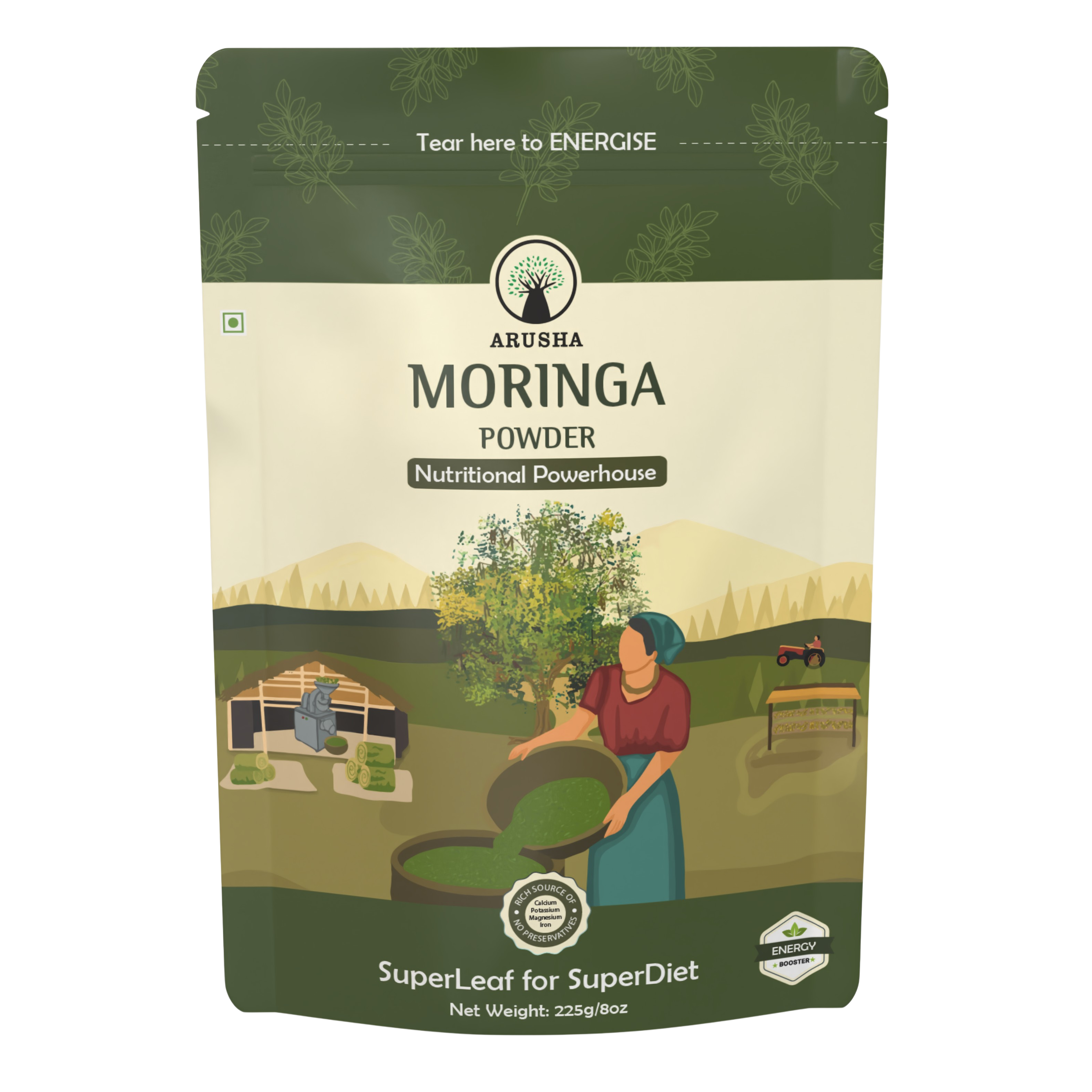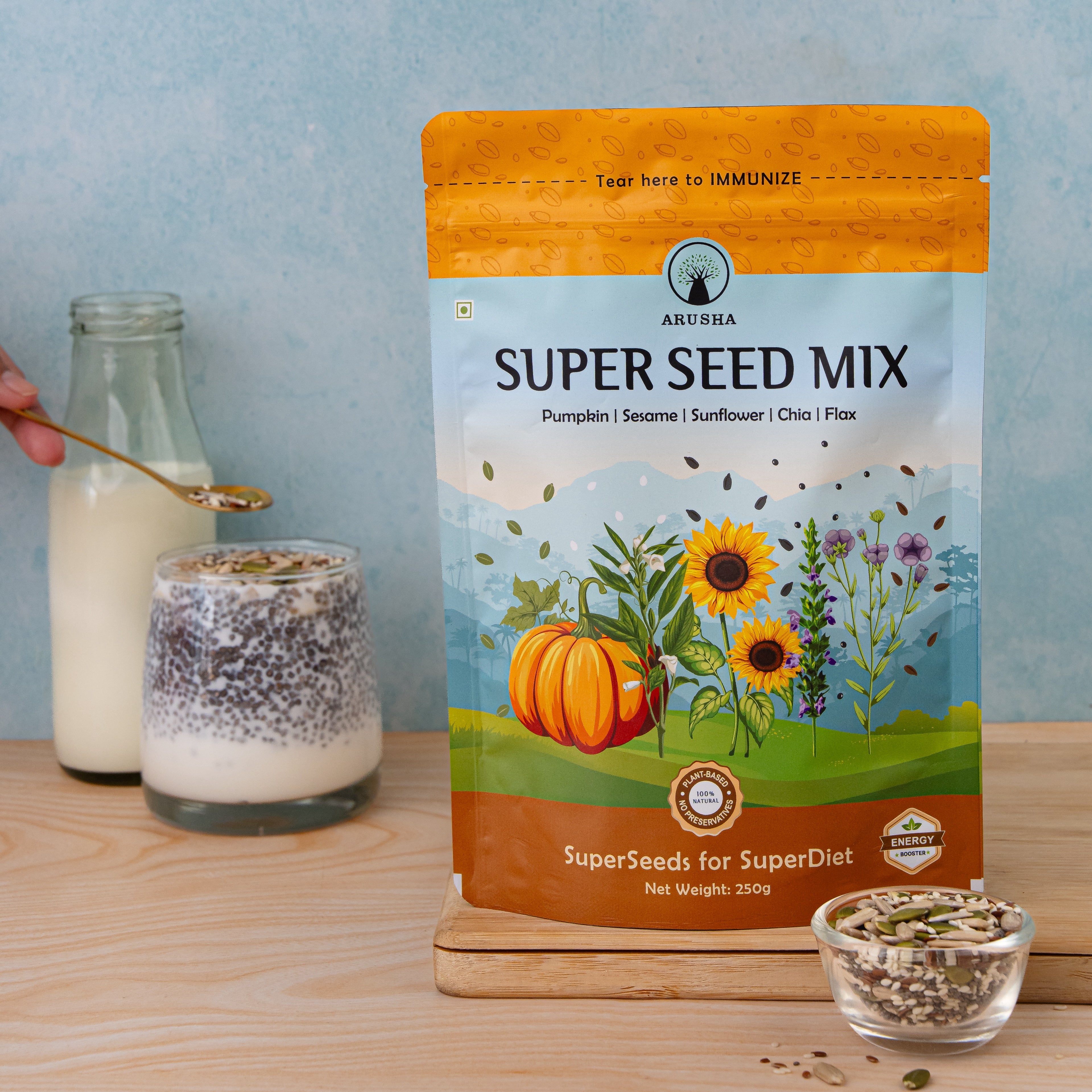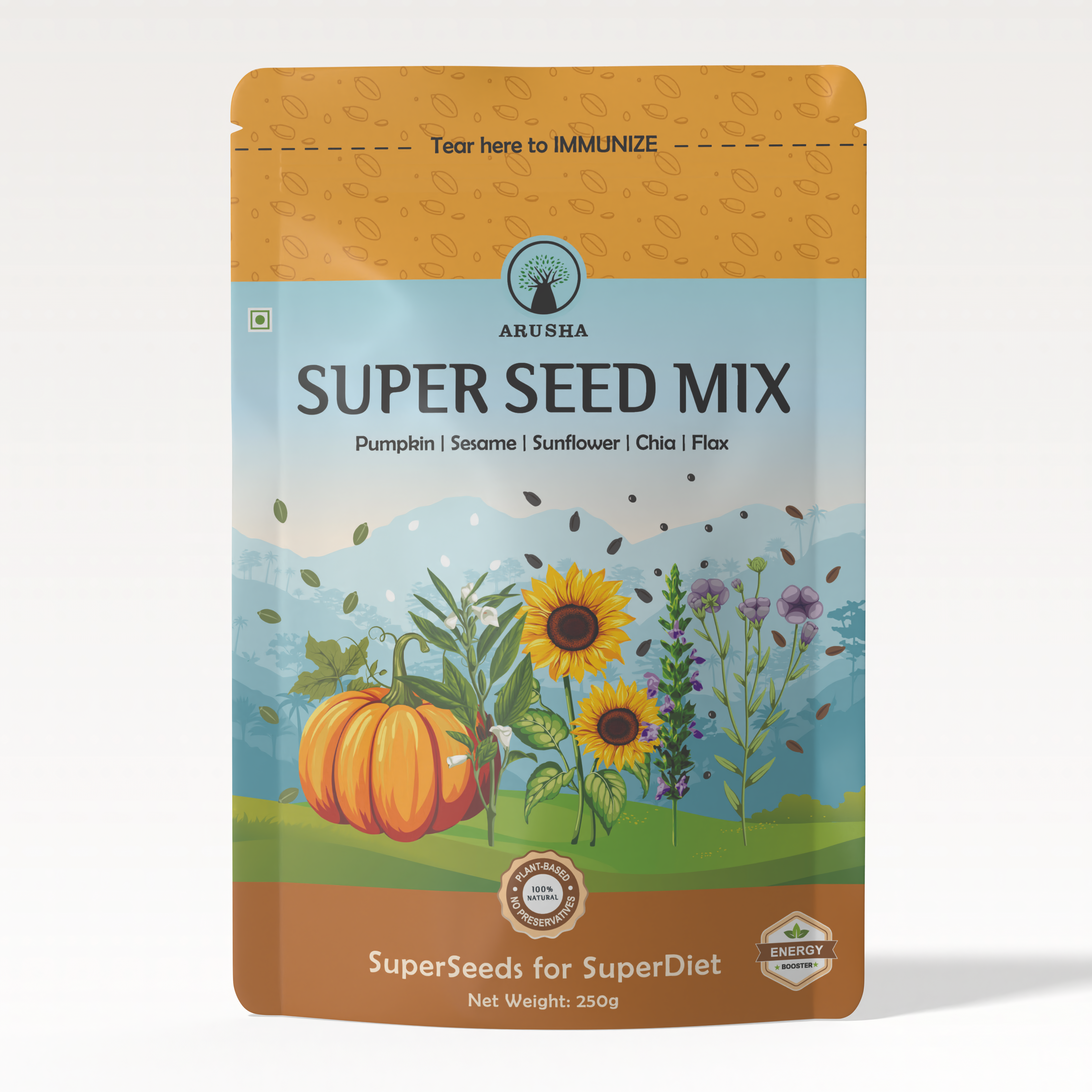In recent years, A2 cow ghee has garnered significant attention for its potential health benefits compared to regular ghee. Understanding the differences can help consumers make informed choices.
What is A2 Cow Ghee?
A2 cow ghee is derived from milk containing only A2 beta-casein protein, which is believed to be easier to digest and healthier than A1 beta-casein protein found in regular ghee.
The milk from Gir cows is primarily used for producing A2 cow ghee, making it thicker and richer in nutrients.
Key Characteristics of A2 Cow Ghee:
|
Feature |
A2 Cow Ghee |
Regular Ghee |
|
Source of Milk |
A2 milk from Desi cows |
A1 milk from various breeds |
|
Production Method |
Bilona method (churning curd, slow simmering) |
Industrial methods (direct from butter) |
|
Nutrient Content |
Higher in vitamins A, E; Omega-3 and Omega-9 fatty acids |
Lower levels of fat-soluble vitamins |
|
Digestibility |
Easier to digest due to A2 protein |
May cause digestive discomfort due to A1 protein |
|
Health Benefits |
Rich in antioxidants; supports immunity and cardiovascular health |
Contains essential fats but fewer nutrients |
Health Benefits of A2 Cow Ghee
- Easier to Digest: A2 cow ghee contains amino acids that aid digestion, making it suitable for those with lactose intolerance or IBS.
- Boosts Immunity: It is rich in vitamins and antioxidants that help maintain a healthy immune system.
- Maintains Healthy Cholesterol Levels: The presence of Omega-3 fatty acids in A2 cow ghee helps in managing cholesterol levels effectively.
- Nutritional Profile: A2 ghee is more nutritious, containing beneficial fatty acids and vitamins that support overall health.
Nutritional Comparison Table
|
Nutrient |
A2 Cow Ghee |
Regular Ghee |
|
Vitamin A |
Higher |
Moderate |
|
Vitamin E |
Higher |
Moderate |
|
Omega-3 Fatty Acids |
High |
Lower |
|
Omega-9 Fatty Acids |
High |
Moderate |
Why Choose A2 Cow Ghee?
Quality of Ingredients
A2 cow ghee is made from milk sourced from Desi cows, ensuring a more natural and nutrient-rich product. In contrast, regular ghee may be produced from industrial processes that compromise quality.
Health Considerations
Studies suggest that A1 protein can be associated with various health issues, whereas A2 protein is considered beneficial. The European Food Safety Authority indicated that the bioactive peptides in milk containing both protein types do not adversely impact health, but A2 milk is often seen as a safer choice.
Conclusion
In summary, A2 cow ghee offers several advantages over regular ghee, particularly in terms of digestibility, nutritional content, and health benefits.
While it may come at a higher price, the benefits derived from its use—such as improved digestion, better immunity, and healthier cholesterol levels—make it a worthwhile investment for health-conscious consumers.
FAQ
Question 1: Is A2 cow ghee healthier than regular ghee?
Answer: Yes, A2 cow ghee is generally considered healthier due to its richer nutritional profile and easier digestibility.
Question 2: What makes A2 cow ghee special?
Answer: A2 cow ghee is made from milk with only A2 beta-casein protein, which is linked to various health benefits.

